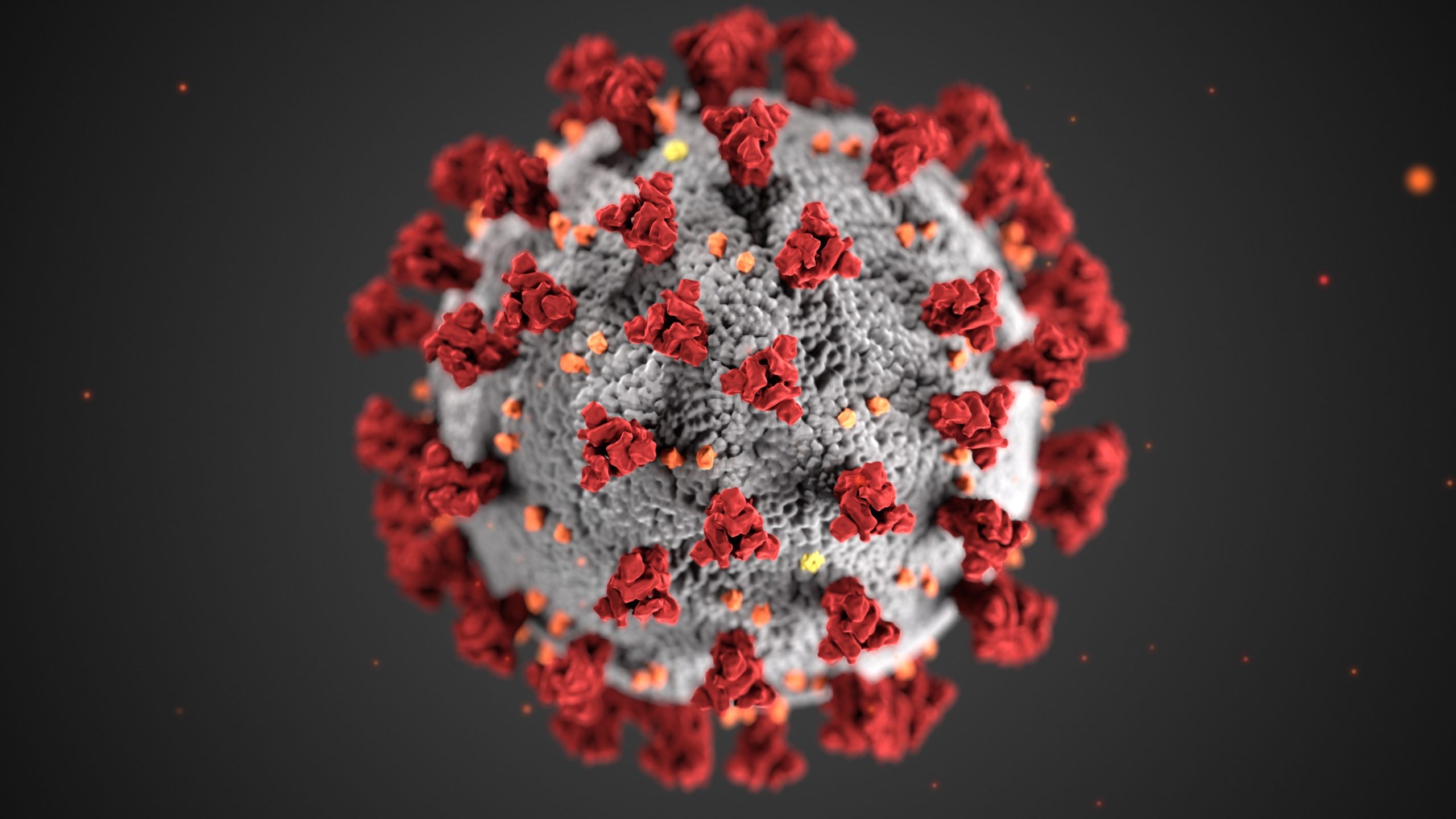By Ansley Dalbo
Several provinces (Ontario, Manitoba, and Alberta to date) are now prioritizing people with a BMI (Body Mass Index) >40 for the next phase of the COVID-19 vaccine roll-out. While this is a clinically sound decision supported by science, it has created controversy (as it has in the US) that has led to fat shaming and increased stigma for people living with obesity. Here is the science behind why no one living with obesity should feel ashamed about getting the healthcare they need, including the COVID-19 vaccine.
First, the World Health Organization has identified obesity as a risk for becoming severely ill from COVID-19. Many studies show that having obesity significantly increases the risk of hospitalization, make the effects of COVID-19 much worse and may increase the risk of death. Why then would people with a BMI over 40 be stigmatized for early access to the vaccine?
There is a widely-accepted (and false) belief that reaching a lower body weight is as simple as eating less and moving more. This myth perpetuates the idea that people living with obesity could solve their challenges with weight if they just had more willpower, thus they don’t deserve priority COVID-19 vaccine designation because their weight is their fault. This is far from the truth and DANGEROUS because the fear of being judged often prevents people with obesity from seeking the medical care they need.
The truth is that obesity is a complex medical condition caused by a variety of genetic and medical factors, just like diabetes or heart disease. For MANY people living with obesity, diet and exercise alone is not enough to help them reach a healthier weight. When we don’t recognize the role of genetics and environment, the way our bodies fight weight loss and metabolically adapt to push us towards a higher weight, and the limited effectiveness of solely focusing on lifestyle choices to manage this condition, we risk believing that obesity is a choice, and that people should be blamed for having it. For more about why this isn’t true, watch this video.
This is why priority access to the vaccine for those who have a BMI > 40 is good public health policy; it will help a vulnerable population, and potentially decrease the number of hospitalizations. No one should be stigmatized for taking their place in line, no matter what type of chronic condition they have.
And for anyone living with obesity who is hesitant about getting the vaccine out of a fear of being shamed by others, we will quote Dr. Kristen Terenzi, who said in a recent interview:
“Don’t let stigma stop you from getting the treatment and prevention that you need. Obesity is not your fault, there are so many factors that affect body mass such as genetic and hormonal reasons. Don’t feel that you should be shamed by that as you wouldn’t be shamed for diabetes or hypertension.”
If you’re still not convinced, here’s a fantastic CTV news article about why people with obesity shouldn’t let stigma keep them from getting the vaccine. And if all of this inspires you to contribute to advocacy work, check out the Obesity Canada website.
Finally, obesity is a chronic medical condition that often requires medical treatment. If you’d like to find a physician near you who specializes in managing obesity, click here. Many physicians offer virtual consultations which makes getting the right care convenient. Just check the physician’s profile to see if virtual visits (via phone or video) are offered.
Get a weekly text to help you stay on track with your health goals! Click here to sign up.
This article was sponsored by Novo Nordisk Canada. All content is created independently by My Weight – What To Know with no influence from Novo Nordisk.
_________
Sources:
https://www.cdc.gov/obesity/data/obesity-and-covid-19.html
Simonnet, A., Chetboun, M., Poissy, J., Raverdy, V., Noulette, J., Duhamel, A., … & LICORN and the Lille COVID‐19 and Obesity study group. (2020). High prevalence of obesity in severe acute respiratory syndrome coronavirus‐2 (SARS‐CoV‐2) requiring invasive mechanical ventilation. Obesity.
Kompaniyets L, Goodman AB, Belay B, et al. Body Mass Index and Risk for COVID-19–Related Hospitalization, Intensive Care Unit Admission, Invasive Mechanical Ventilation, and Death — United States, March–December 2020. (2021). MMWR Morb Mortal Wkly Rep 2021;70:355–361. DOI: http://dx.doi.org/10.15585/mmwr.mm7010e4.

